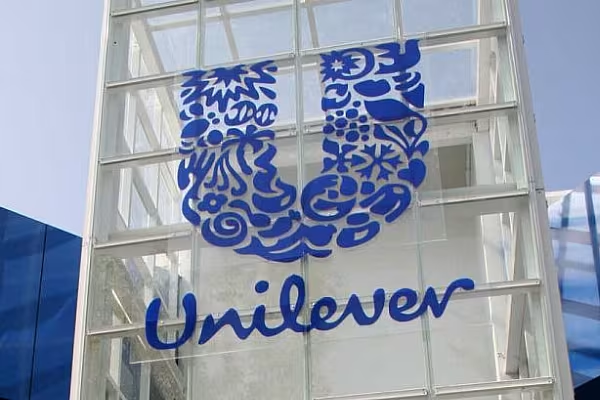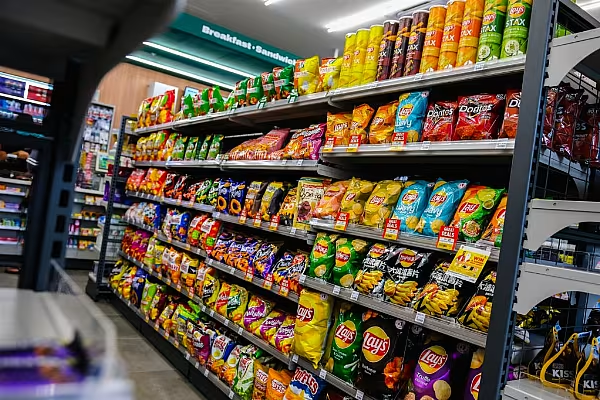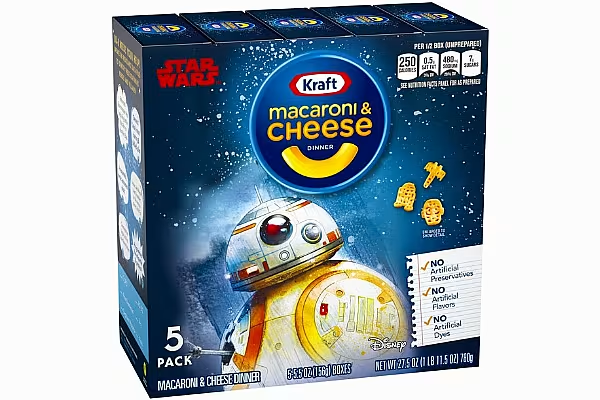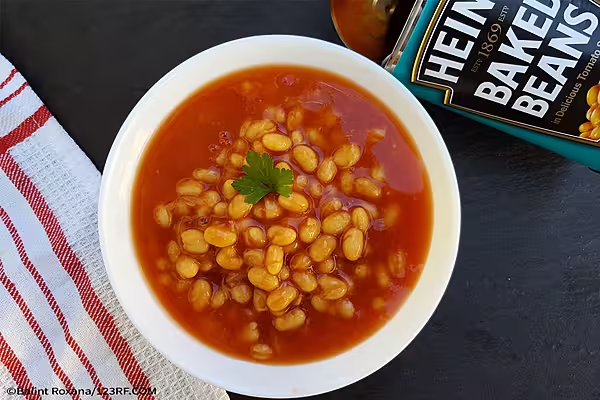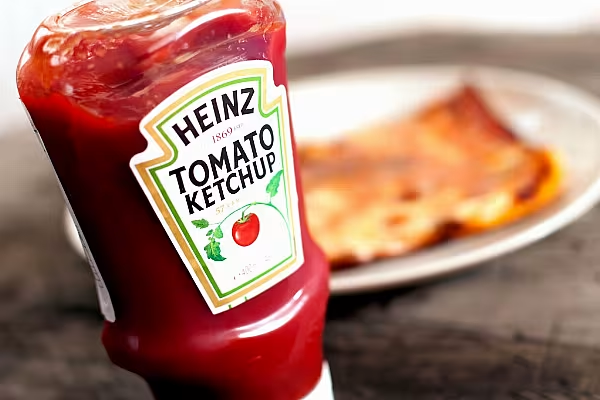Unilever Chief Executive Officer Paul Polman announced his most sweeping overhaul of the consumer-goods giant in a bid to protect its independence after being caught off guard by a failed takeover attempt from Kraft Heinz Co.
The Anglo-Dutch giant plans to sell Flora margarine and other slow-growing spreads brands while raising its target for cost savings, buying back stock and boosting its dividend. The company will combine its food and refreshments operations in a single entity in the Netherlands and review its dual nationality, a move that could result in more mergers-and-acquisition activity, according to Polman.
“Restructuring and change is just a fact of life in our industry,” Chief Financial Officer Graeme Pitkethly said by phone as the owner of Ben & Jerry’s ice cream and Dove soap announced the results of a strategic review prompted by the unsolicited $143 billion takeover offer that Kraft Heinz withdrew in February after only two days.
Consumer-goods companies like Unilever and Kraft Heinz have come under pressure from changing tastes, including a growing preference for fresh foods over packaged staples. Polman, who has contrasted what he describes as Unilever’s long-term approach to creating shareholder value with a short-term focus at the U.S. company, said on a call with reporters that the bid has re-energized Unilever.
The shares were almost unchanged at 10 a.m. in London after falling as much as 2.3 percent. They’ve been trading near record levels after the Kraft Heinz approach and had gained 19 percent this year.
Spreads Unit
Polman’s overhaul is “enough to support the recent rise of the stock, but that is not enough to support further rerating in our view,” Natixis analyst Pierre Tegner said in a note.
The spreads business, which also includes Stork and Country Crock, will be sold or spun off if the company can’t find a buyer, Unilever said. The company has had “lots and lots” of approaches for the unit from private-equity firms and is confident it can sell it at a favorable price, Pitkethly said. The business is worth about 7.5 billion euros, Tegner said.
The review of the Anglo-Dutch structure could simplify a legal structure under which the company is both a public limited company in the U.K. and an NV, its equivalent in the Netherlands. That framework is a legacy of a 1920s merger that combined a Dutch margarine maker with a British soap provider. The change could make it easier for Unilever to make big acquisitions as it seeks to bolster its defenses against future takeover approaches.
“It opens up the door for major M&A activity that our current structure actually prevents,” he said in an interview with Bloomberg TV.
The changes will result in some job cuts to senior and middle management, the CFO said, while the company also expects to wring savings from its procurement and marketing operations.
Advertising Cuts
Unilever plans to reduce the number of advertisements it commissions by 30 percent, Pitkethly said, without specifying how much actual marketing spending will be cut. WPP Plc, which Liberum analysts say gets about 3 percent to 4 percent of revenue from the consumer-products giant, fell as much as 4.4 percent on the news.
Unilever plans to buy back 5 billion euros ($5.3 billion) of stock. It raised its cost-savings target to 6 billion euros from 4 billion euros and said the dividend also will be increased by 12 percent. The company said it expects 3.5 billion euros of costs over 2017 to 2019 related to the efficiency measures.
The company set a 2020 target for a 20 percent underlying operating margin, up from 16.4 percent in 2016. Unilever also plans to borrow more, setting a target for net debt to earnings before interest, taxation, depreciation and amortization of about two times, saying this level will give it flexibility for acquisitions or returning cash to shareholders.
News by Bloomberg, edited by ESM. To subscribe to ESM: The European Supermarket Magazine, click here.
